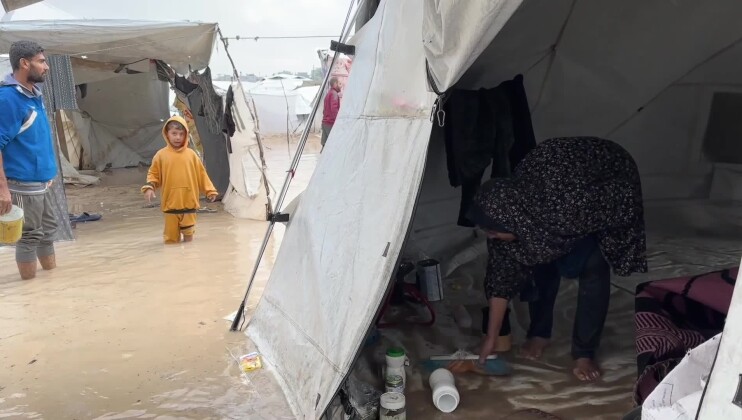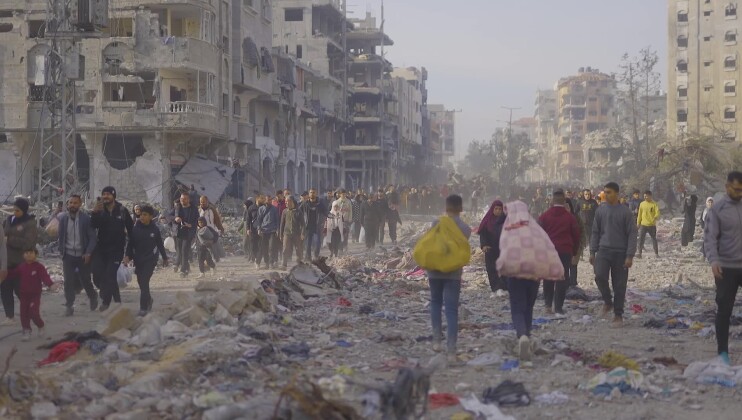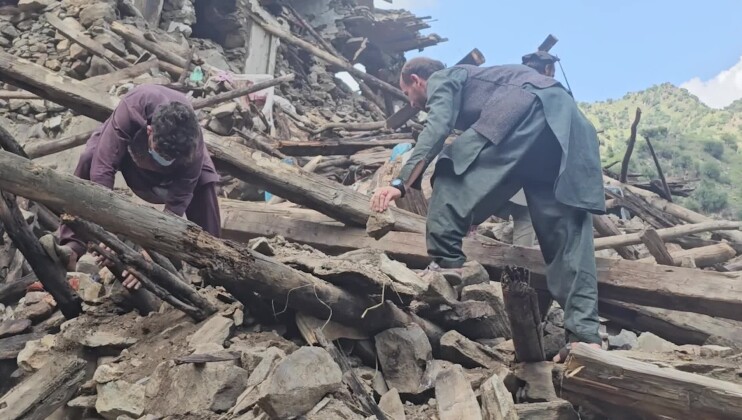Syria: Aleppo "One of the most devastating urban conflicts in modern times
The president of the International Committee of the Red Cross, Peter Maurer, has described the fight for the Syrian city of Aleppo as one of the most devastating conflicts in modern times. Fighting has been intensifying during the past weeks with hundreds of people killed and untold numbers injured. Public services have all but broken down. Tens of thousands are trapped and without aid.
"No one and nowhere is safe. Shell-fire is constant, with houses, schools and hospitals all in the line of fire. People live in a state of fear. Children have been traumatized. The scale of the suffering is immense. For four years, the people of Aleppo have been devastated by brutal war, and it is only getting worse for them. This is beyond doubt one of the most devastating urban conflicts in modern times," said Mr Maurer.
Tens of thousands of people have been forced to flee their homes, and many others forced to leave temporary shelters they had been living in.
There has been massive damage to the city's infrastructure. With water and electricity supplies cut or severely reduced, the population is at risk from untreated and unsafe water. Humanitarian organizations, among others the ICRC and the Syrian Arab Red Crescent, have begun trucking drinking water as an emergency measure.
"The human cost of the fighting in Aleppo is simply too high. We urge all parties to stop the destruction and indiscriminate attacks, and stop the killing. Parties involved in the fighting need to respect the basic rules of warfare, in order to prevent the loss of more innocent lives. Besides the direct threat posed by the fighting, the lack of essential services such as water and electricity, poses an immediate and dramatic risk for up to two million people, who have great difficulty in accessing basic medical care," said Mr Maurer.
The ICRC calls on all parties to allow humanitarian agencies to reach civilians in desperate need of help in all parts of the city, as well as in neighbouring rural areas. Regular humanitarian pauses are needed to allow in humanitarian aid and allow enough time to carry out repairs to essential services.
For more information, please contact:
Ingy Sedky, ICRC Damascus +963 930 336 718
Krista Armstrong, ICRC Geneva +41 79 447 37 26
Read more: Latest Syria news and Syrian cities




